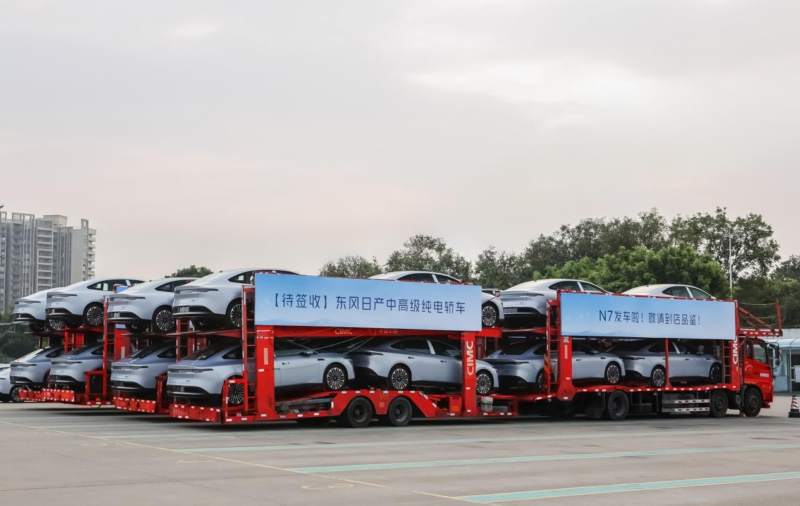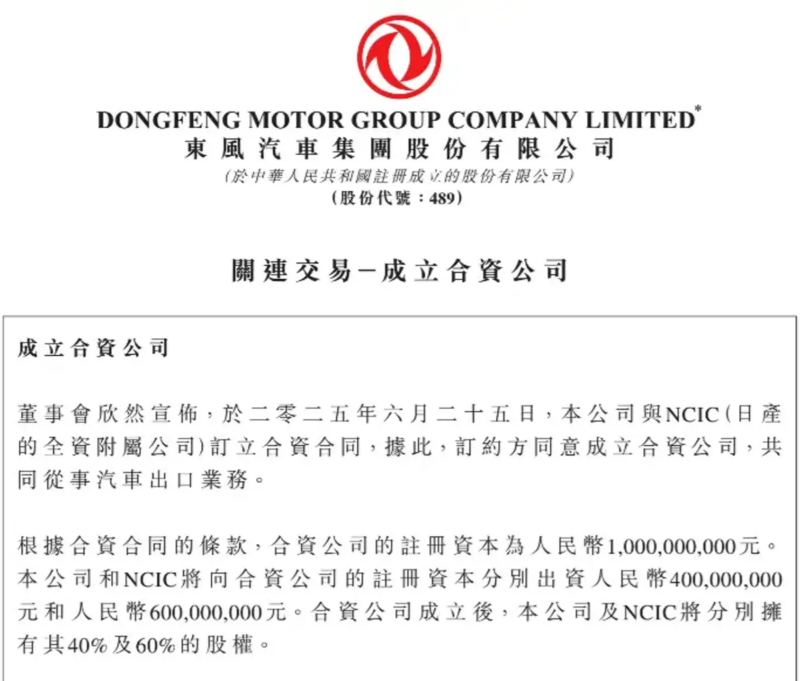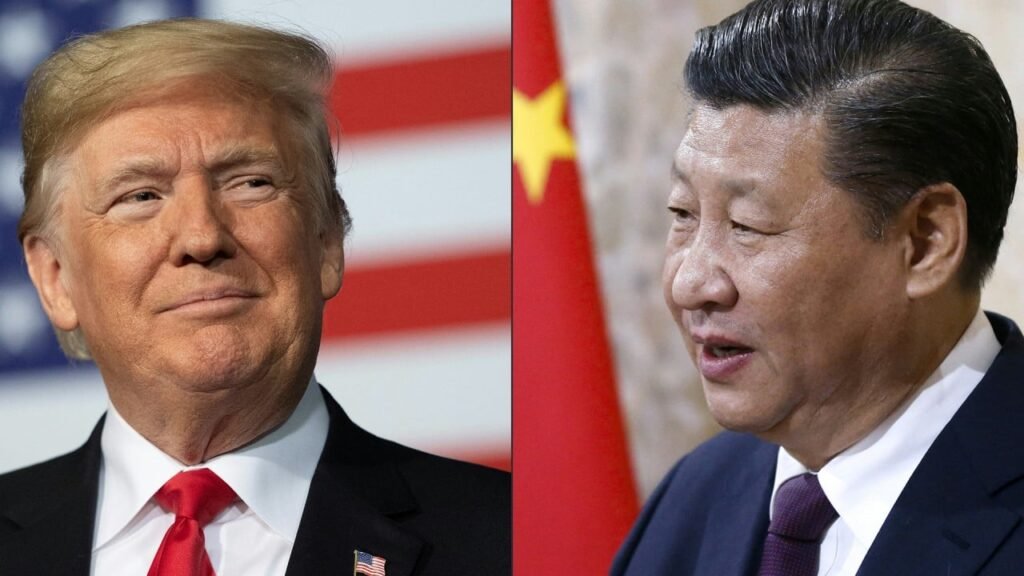Nissan is reportedly set to begin exporting electric vehicles (EVs) from its Chinese factories to Southeast Asia, the Middle East, and other regions starting in 2026. The move aims to leverage Nissan’s existing after-sales service network in these overseas markets.
The struggling Japanese automaker is currently reviewing its global production footprint, with the goal of a rapid business turnaround by selling China-made EVs to other markets.
Among the EVs slated for export is the N7 mid-size sedan, the first EV designed and developed by Nissan’s joint venture in China. The N7, which launched in China in April and has seen strong sales, starts at 119,900 yuan (16,450 USD) and is produced at Nissan’s plant in Guangzhou, Guangdong Province.

The N7’s automotive software incorporates AI technology from Chinese companies. To facilitate exports, Nissan will need to modify the software specifications due to restrictions on Chinese-made AI products in some countries. To develop software for export markets, Nissan has invested in IAT Automobile Technology, a Chinese developer.

On June 25, Dongfeng Motor announced the formation of a joint venture with NCIC (a wholly-owned subsidiary of Nissan) to engage in automotive export business. The joint venture, with a registered capital of 1 billion yuan (140 million USD), will see Dongfeng Motor contribute 400 million yuan (40% stake) and NCIC contribute 600 million yuan (60% stake).
China has been at the forefront of automotive electrification, and Nissan believes that the competitively priced EVs manufactured in China will attract overseas orders. Additionally, Nissan plans to introduce other EVs and plug-in hybrid vehicles in the Chinese market, including its first electric pickup truck by the end of this year.
Nissan’s current difficulties are partly attributed to delays in new model launches. In May, the company unveiled a business recovery plan that includes cutting 20,000 jobs and consolidating 17 factories into 10. The company is also working to establish an optimal supply system, positioning EVs as core products for the future.
Source: XHBY
We’ll send you a weekly summary in your e-mail. No spam. Unsubscribe with one click.
Thank you! Your submission has been received!
Oops! Something went wrong while submitting the form.








